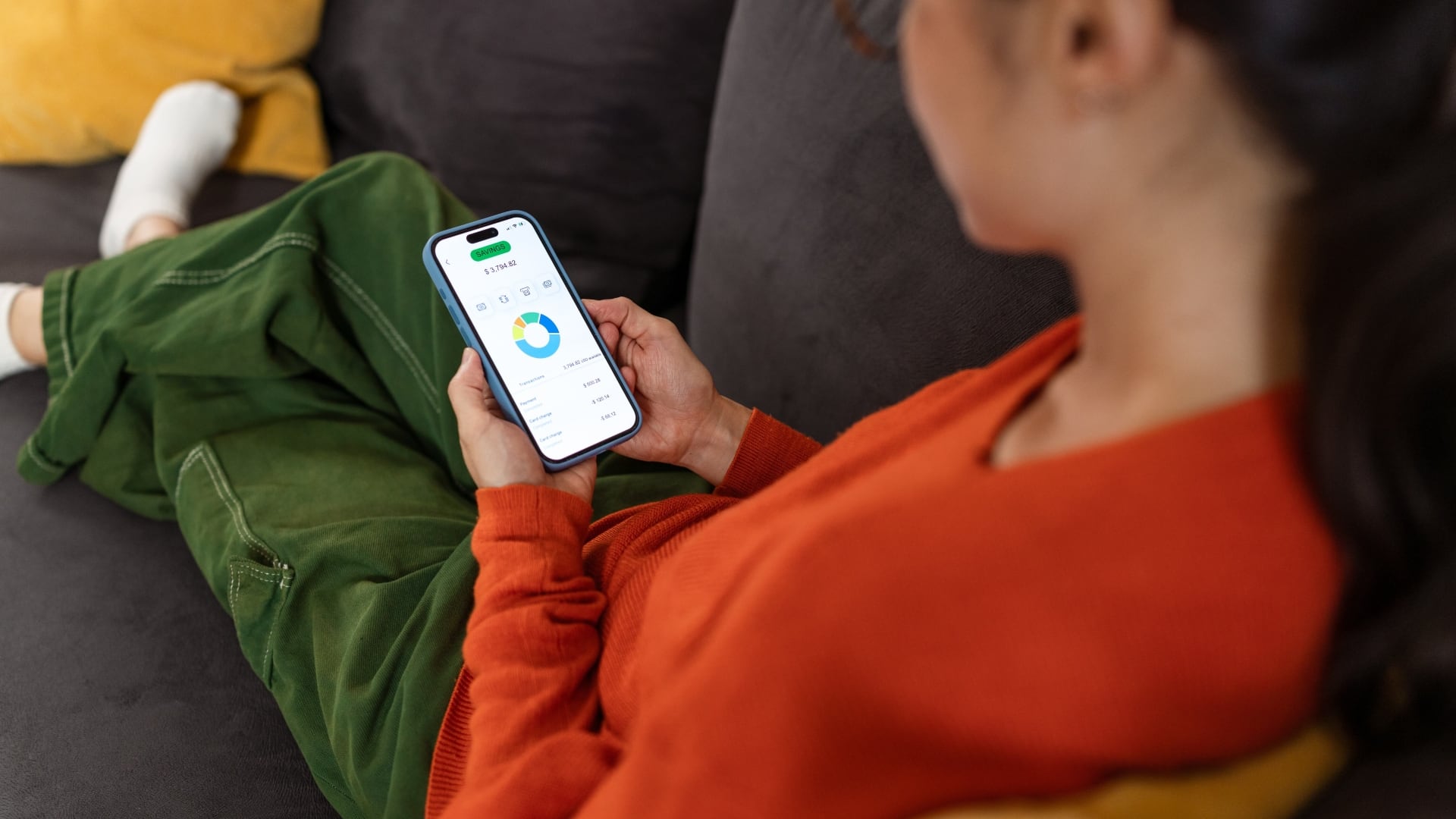The Beachbody Company is hitting the public markets in a three-way deal that values the fitness and nutrition business at $2.9 billion.
The company behind famed fitness regimens like P90X and 21-Day Fix is looking to cash in on the at-home fitness craze that sent Peloton's stock soaring from $28 a share to the eye-popping $154 price point it trades at today in just a single year.
Beachbody is doing this by merging with Myx Fitness, a company that makes connected bikes, and doing a reverse takeover of Forest Road Acquisition, which already trades on the New York Stock Exchange under the ticker symbol FRX.
"To merge with Myx is ultimately about creating this Peloton for the masses," Carl Daikeler, co-founder, CEO and chairman of The Beachbody Company, told Cheddar. "A highly-affordable, high-quality bike with content created by a company – Beachbody – that's created some of the most memorable brands in fitness over the last 20 years."
Beachbody was exactly the type of company former TikTok boss and Disney executive Kevin Mayer said he wanted to target as strategic advisor at Forest Road.
Mayer says his brief three-month stint as CEO of TikTok, before pressure from the Trump administration amid geopolitical tensions with China led to him stepping down, showed him the sheer power of social media and influencers' impact on commerce.
"One of the many things I saw at TikTok was the growth of what I'll call 'social commerce,'" Mayer said. "Influencers who have a following are using that following to promote products that they believe in. And it has to be authentic to work."
He points out that Beachbody has more than 400,000 coaches across the U.S. that can leverage their following to help sales of the connected bike.
"They can create a very dynamic, viral social commerce growth engine," he said.
Further reflecting on his time at TikTok, Mayer voiced concern over the former Trump administration's interference with the business he once led, which was owned by Chinese company ByteDance.
At the time, then-President Trump demanded a sale of the social media app to a U.S.-based company over concerns that the privacy of American users was being compromised. The order kicked off a frenzy of talks that resulted in Oracle and Walmart presenting an offer to purchase TikTok, but ByteDance wouldn't… bite. President Biden has since reversed the position of the White House on the issue.
"I did think that towards the end of the Trump administration, the actions that were taken and the urgency with which they were trying to shut down TikTok or make it be sold was well over-blown," Mayer said.
Mayer thinks that there should be a larger discussion about data protection going on in Washington, and says regulation can happen and should be a bipartisan effort.
"I don't think it requires a sale of a company," he said. "I don't think that's the right way to approach it, but I do think there should be regulation and rules put in place."
Daikeler seems just as thrilled for that geopolitical debacle to be behind Mayer, who will join Beachbody's board of directors.
"It's really like this dream team that's come together and we're so excited to execute this with Kevin's help," he said.








